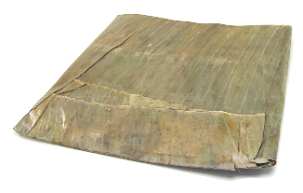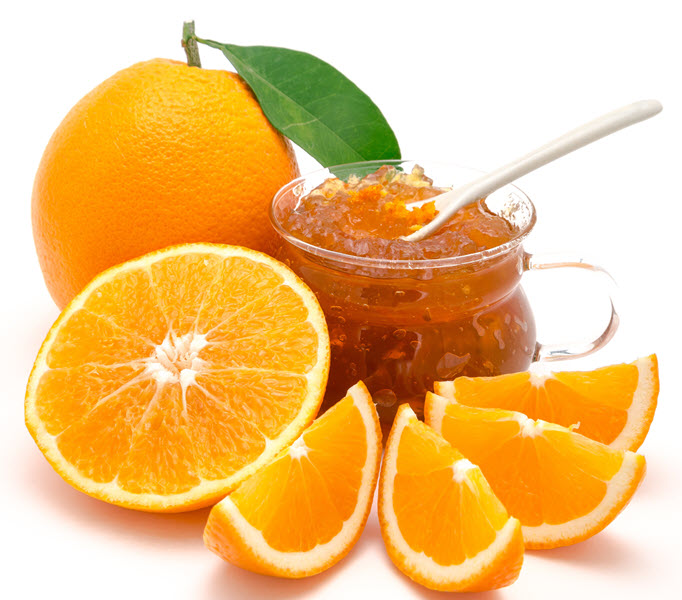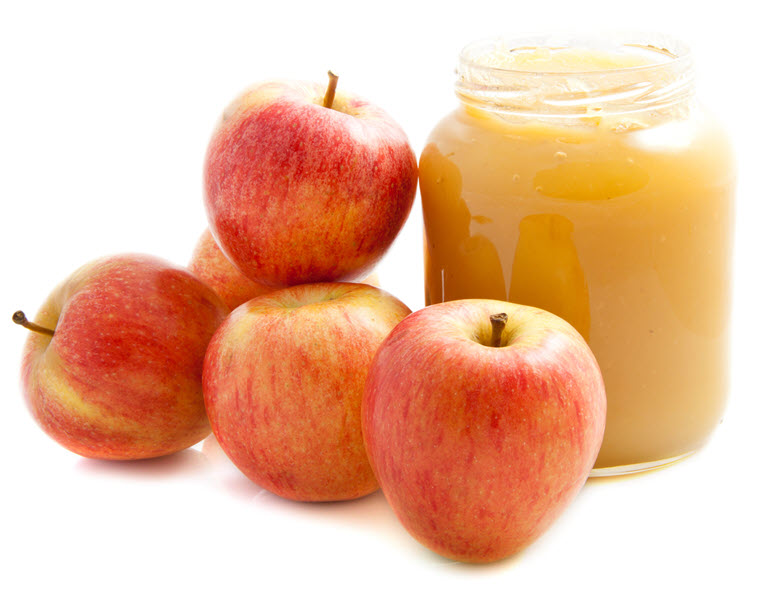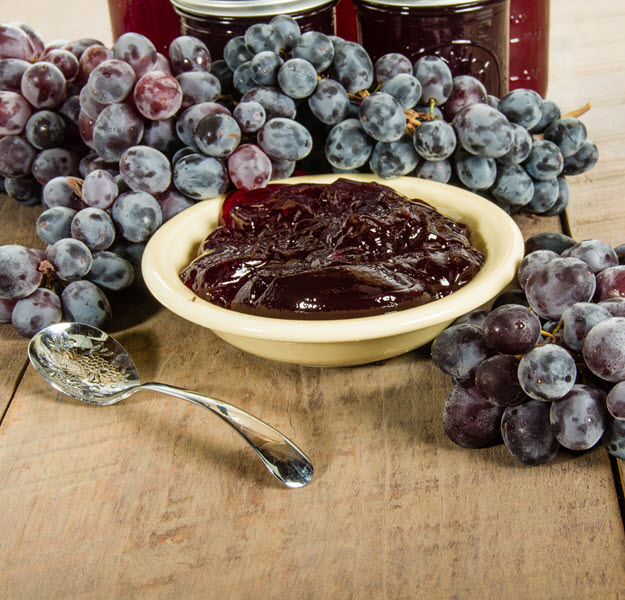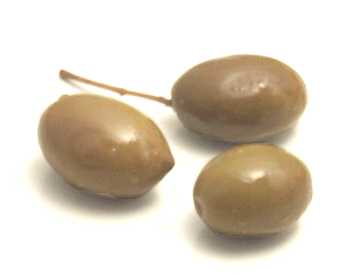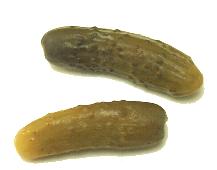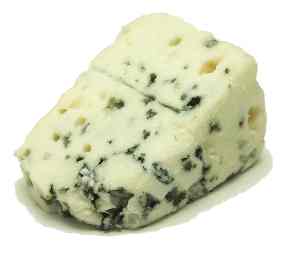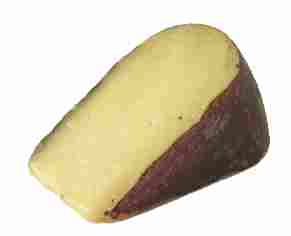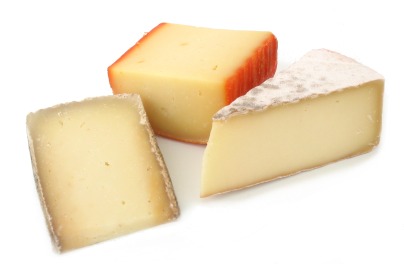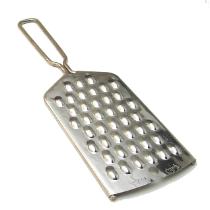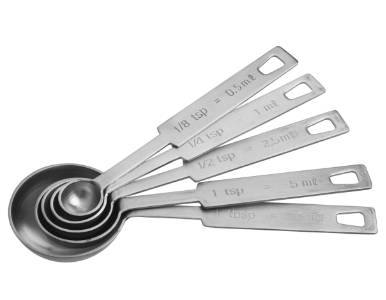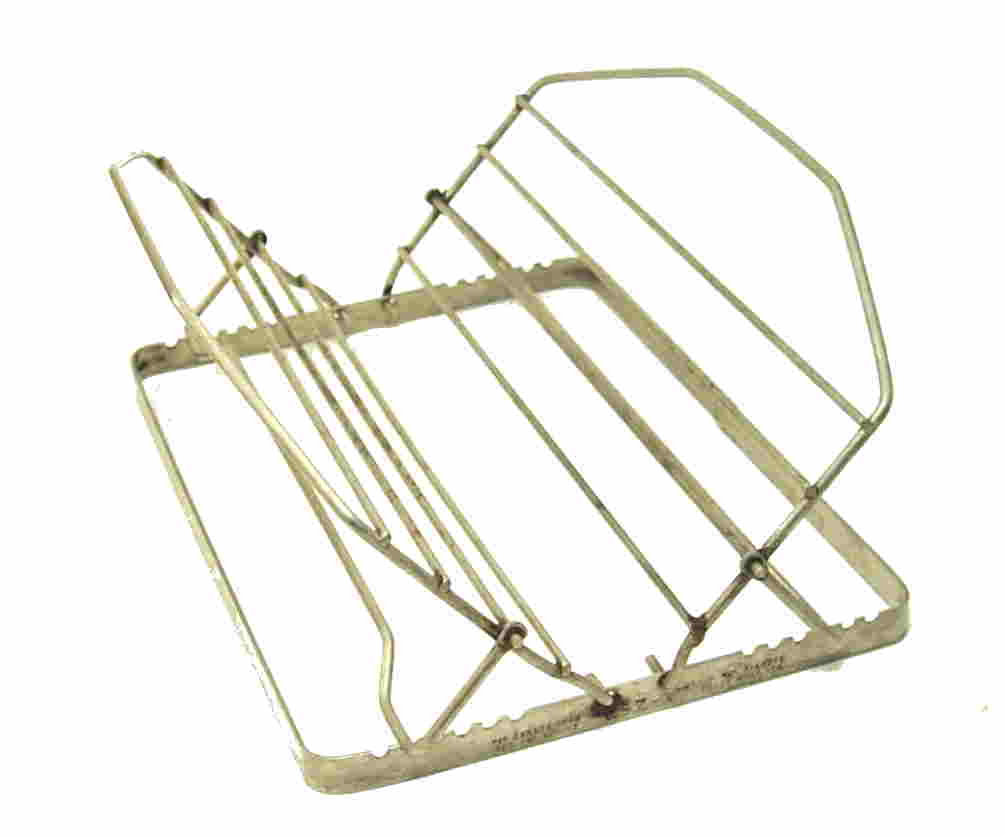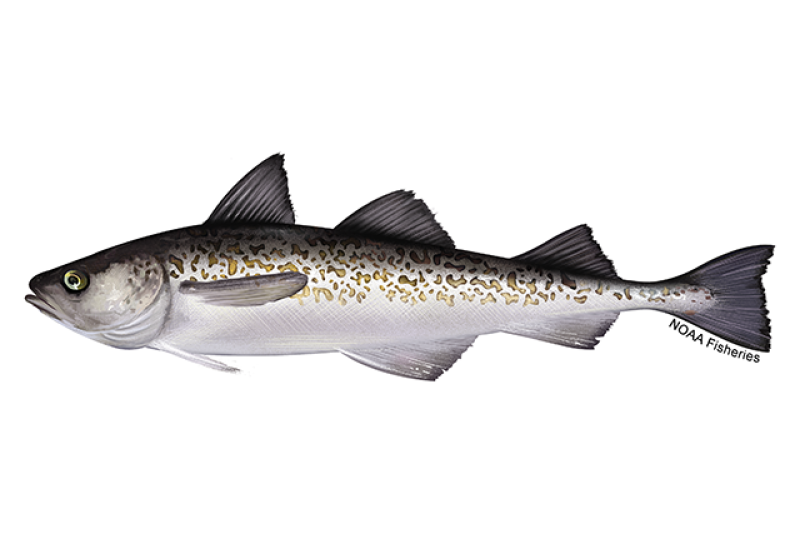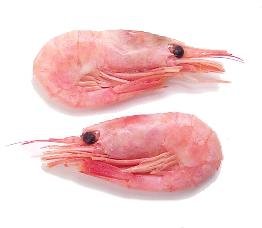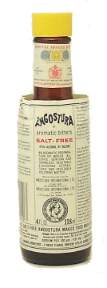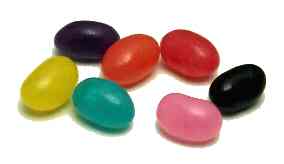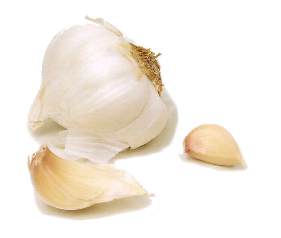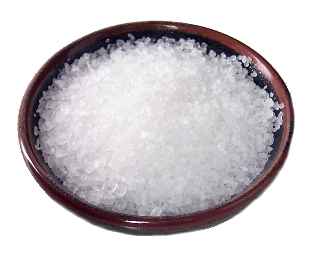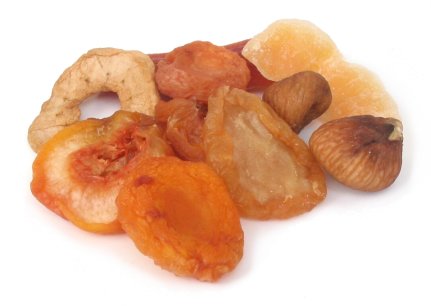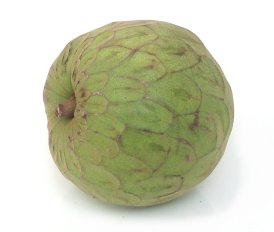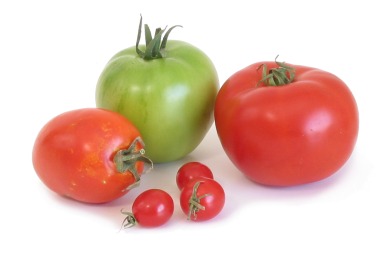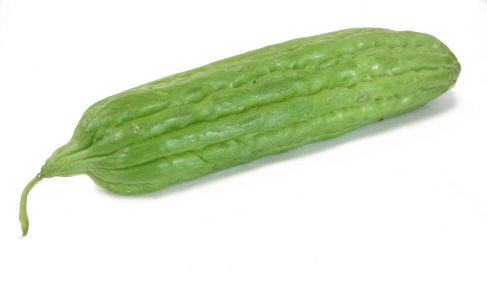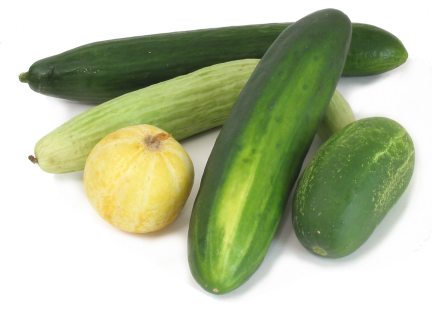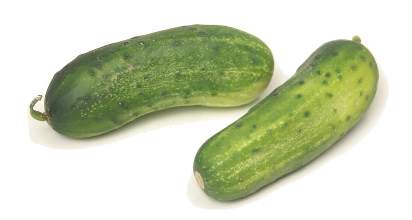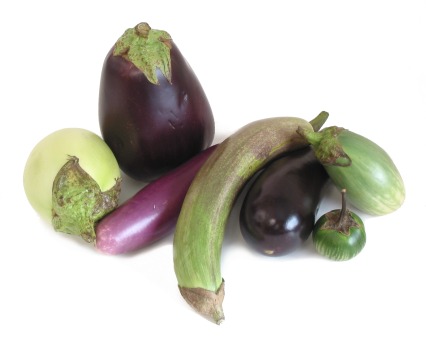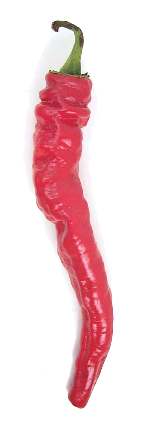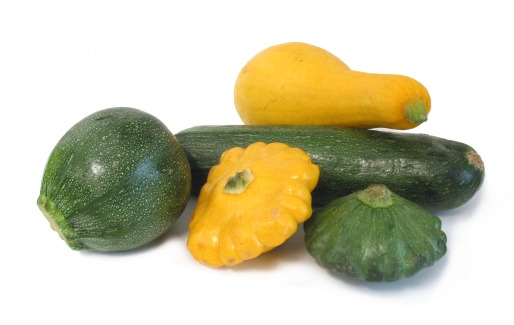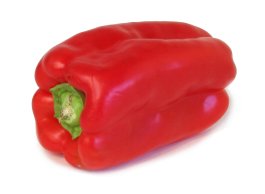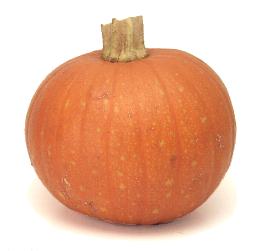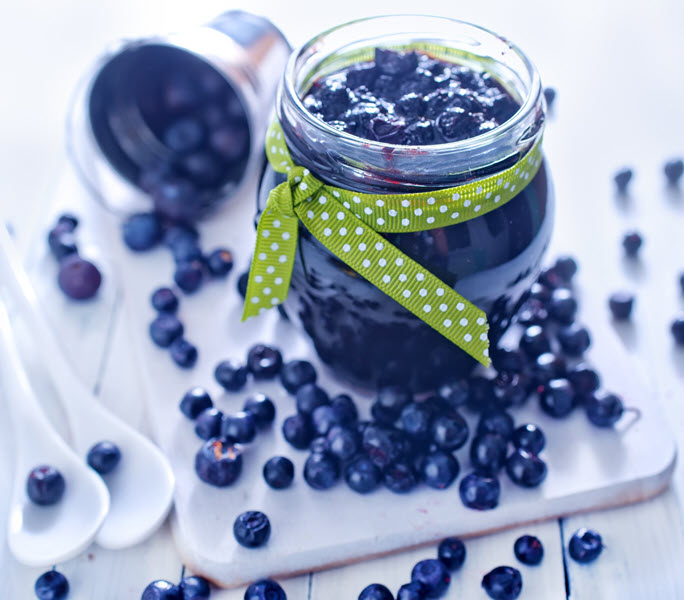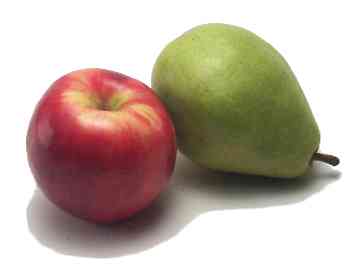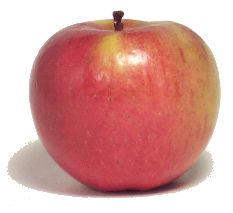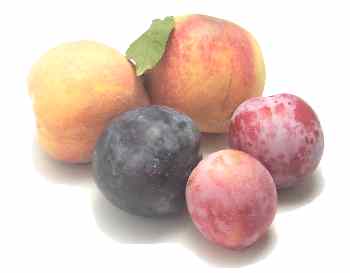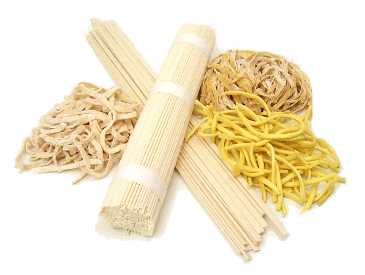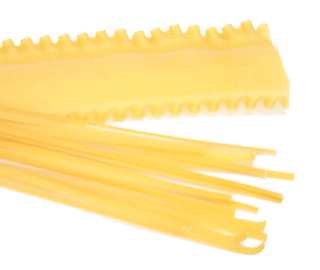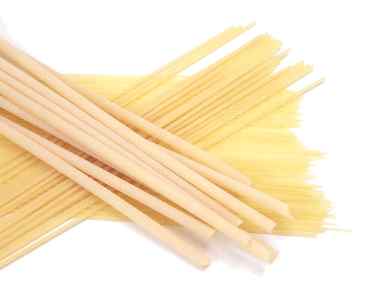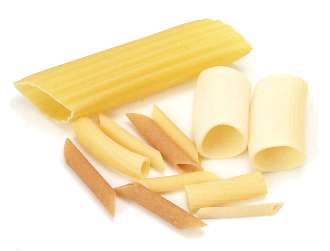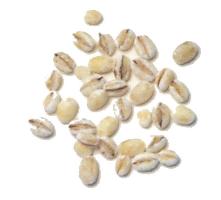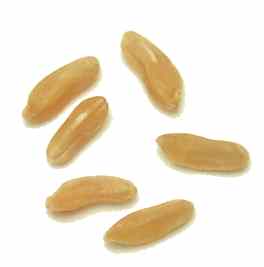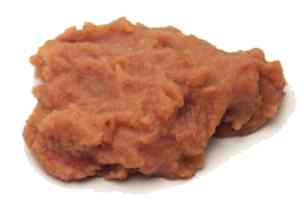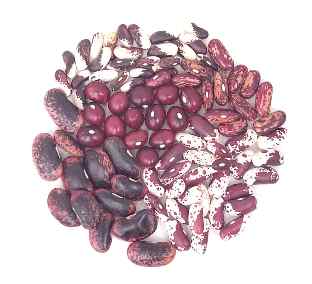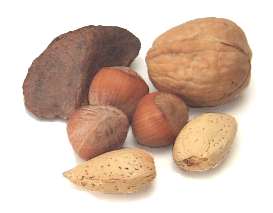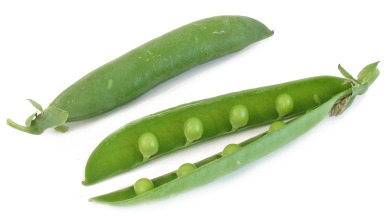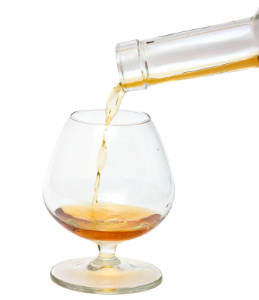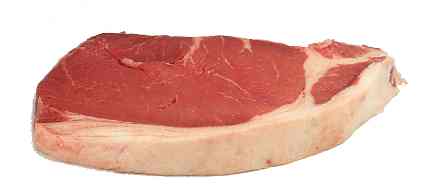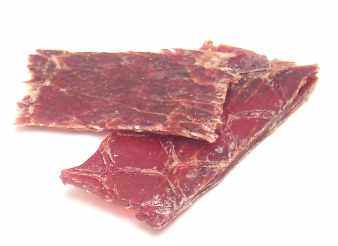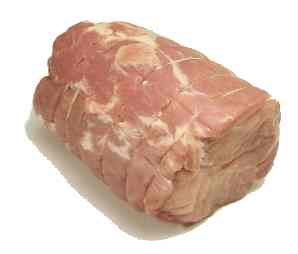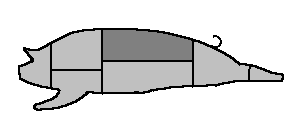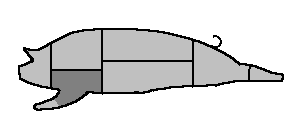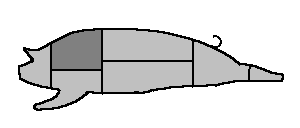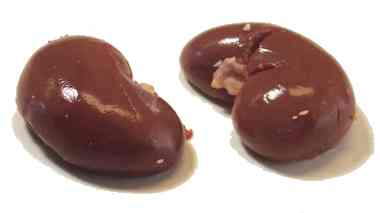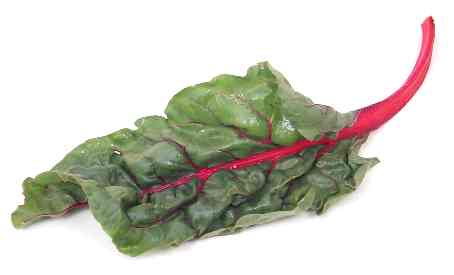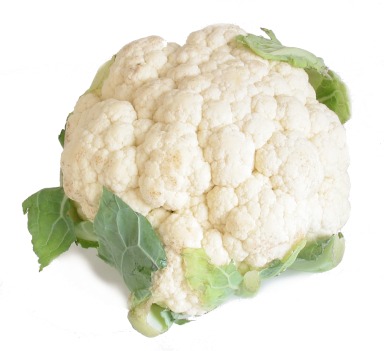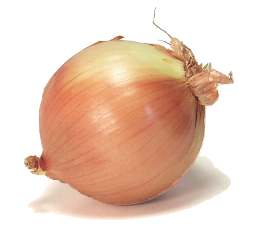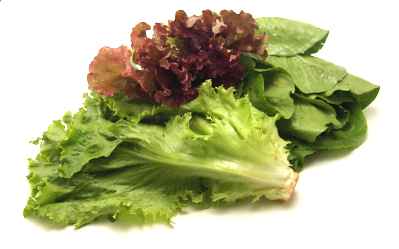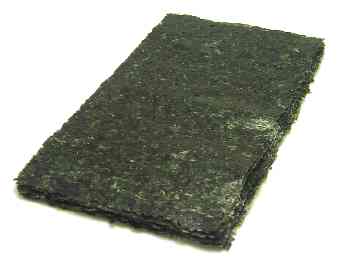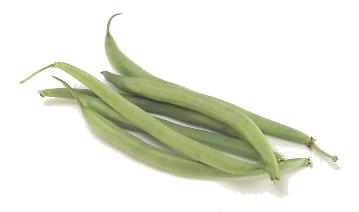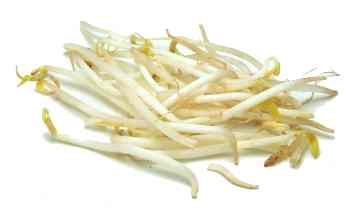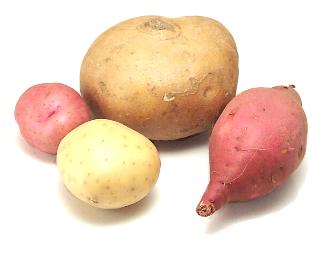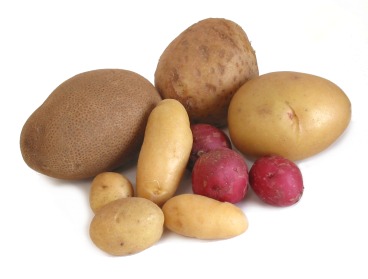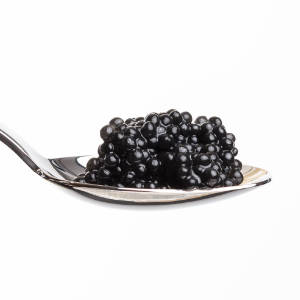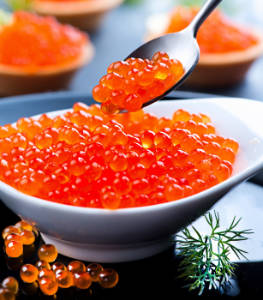Caviar & Roe Category

American black caviar
If substituting an inferior caviar, consider perking it up with a splash of fresh lemon juice.
Learn morebeluga caviar
In recent years, over-fishing in the Caspian Sea has greatly depleted sturgeon populations. Please consider using caviar and roe from more abundant species until the Caspian Sea sturgeon populations can recover. Beluga caviar is one of the best and priciest of the caviars. The eggs are large and bluish-grey, and slightly sweet. A pasteurized version is available in jars, but fresh caviar is much better. Malossol (lightly salted) beluga is the finest, and the most expensive. If substituting an inferior caviar, consider perking it up with a splash of fresh lemon juice. For substitutions for caviar in general, click here.
Learn morebottarga
This Mediterranean specialty is made from the salted and sun-dried roe of either tuna (bottarga di tonno) or mullet (bottarga di muggine). You usually buy it as a sausage and shave off thin slices for hors d'oeuvres or grate it over pasta, fish, or salads. It's expensive but very tasty.
Learn morebowfin roe
This has small, very dark olive-green eggs with medium firmness. It's an inexpensive, environmentally responsible alternative to the luxury caviars from the Caspian Sea. Consider perking up the flavor with a splash of fresh lemon juice.
Learn morecaviar
Over-fishing in the Caspian Sea has greatly depleted sturgeon populations. Please consider using roe from more abundant species until the Caspian Sea sturgeon populations can recover. Caviar is known for its subtle, buttery flavor, sensuous texture, and high price. It should always be served cold. Just as diamonds are rated according to the four Cs, caviar can be evaluated by the three Fs--flavor, firmness, and freshness. The flavor of caviar depends on the sturgeon's species and habitat, and is variously described as buttery, nutty, sweet, fruity, earthy, briny, and even herbaceous. The firmness of each egg determines how the eggs burst when you squeeze them against the roof of your mouth with your tongue. Fresh caviar is considered much better than the pasteurized version. Varieties: (from highest to lowest price) imperial caviar, beluga caviar, ossetra caviar, and sevruga caviar. Imperial caviar is the rarest and most expensive. Beluga caviar is soft, and almost melts in your mouth. Ossetra and sevruga caviars are relatively firm, and will pop when gently squeezed. Within these categories, malossol, or lightly salted caviar, is of higher quality than pressed caviar = payusnaya. If substituting an inferior caviar, consider perking it up with a splash of fresh lemon juice. Equivalents: 2 tablespoons = 1 ounce Fresh caviar lasts just over a year if properly stored, though its shelf-life can be extended with heavy salting. Experts claim that some of the fresh caviar that's being sold at bargain prices over the Internet is well past its prime. The color and size of the eggs--called the bead--can help you (and your guests) identify the different varieties of caviar.
Learn morecod roe
Scandinavian markets sell this in tubes, so that it can be extruded onto crackers and such for hors d'oeuvres. It's relatively inexpensive, but very salty.
Learn moreflying fish roe
These fluorescent orange eggs are wonderfully crunchy and flavorful. The Japanese are particularly fond of them.
Learn moregolden caviar
This has crunchy, amber-colored eggs and makes a colorful garnish. They're often flavored with various seasonings before they're sold.
Learn moreherring roe
The Japanese traditionally serve this on New Year's Day. It has an interesting texture, but it's not very flavorful.
Learn moreimperial caviar
In recent years, over-fishing in the Caspian Sea has greatly depleted sturgeon populations.Please consider using caviar and roe from more abundant species until the Caspian Sea sturgeon populations can recover. For substitutions for caviar in general, click here.
Learn moreossetra caviar
In recent years, over-fishing in the Caspian Sea has greatly depleted sturgeon populations. Please consider using caviar and roe from more abundant species until the Caspian Sea sturgeon populations can recover. Ossetra caviar is brown and more strongly flavored than beluga caviar. Don't confuse ordinary ossetra with the rare and expensive golden ossetra = imperial caviar. If substituting an inferior caviar, consider perking it up with a splash of fresh lemon juice. For substitutions for caviar in general, click here.
Learn morepaddlefish roe
Paddlefish swim in Southern rivers and they're relatives of sturgeons--the fish that produce the world's most expensive and exquisite caviars. Paddlefish roe is very similar to sevruga caviar, only it's cheaper. Since Caspian Sea sturgeon are rapidly becoming depleted from over-fishing, many people are turning to paddlefish roe as a substitute for caviar.
Learn morepollock roe
Asian markets sell this inexpensive roe in wooden boxes. It's often baked and served on rice.
Learn morescallop roe
This coral-colored roe is expensive and hard to find, but it has a wonderful, delicate flavor. The roe is usually both sold and served with the scallop that produced it.
Learn moresevruga caviar
In recent years, over-fishing in the Caspian Sea has greatly depleted sturgeon populations. Please consider using caviar and roe from more abundant species until the Caspian Sea sturgeon populations can recover. Greenish-gray sevruga has the smallest eggs and strongest flavor of all the caviars. Because of this, it's cheaper than beluga or ossetra, but still quite good. If substituting an inferior caviar, consider perking it up with a splash of fresh lemon juice. For substitutions for caviar in general, click here.
Learn moreshad roe
You can buy lobes of this roe fresh in the springtime, or in cans during the rest of the year. Canned shad roe is good, but not quite as good as fresh.
Learn moretarama
Greek markets often carry jars of this pink cod roe. It's often used to make taramasalata, which is tarama mixed with a filler (like bread crumbs), oil, and seasonings.
Learn more

